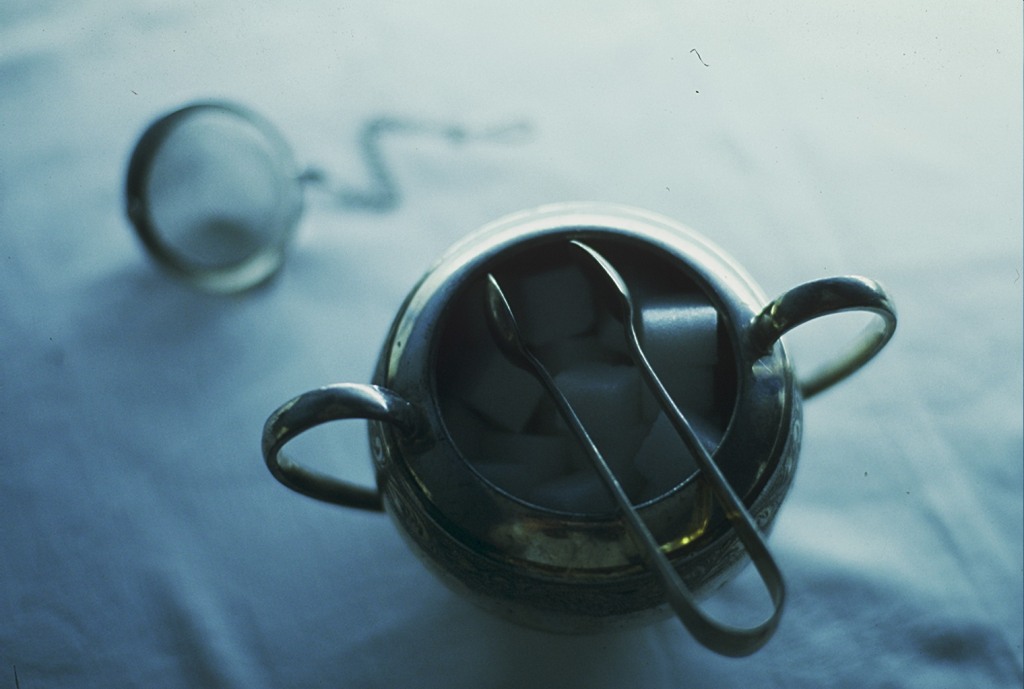 “It is not so easy for one person to give another a cup of tea.
“It is not so easy for one person to give another a cup of tea.
If a lady gives me a cup of tea, she might be showing off her teapot, or tea-set; she might be trying to put me in a good mood in order to get something out of me; she might be trying to get me to like her; she may be wanting me as an ally for her own purpose against others. She might pour tea from a teapot into a cup and shove out her hand with cup and saucer in it, whereupon I am expected to grab them within the two seconds before they become a dead weight. The action may be a mechanical one in which there is no recognition of me in it. A cup of tea could be handed me without me being given a cup of tea.
In our tea ceremonial it is the simplest and most difficult thing in the world for one person, genuinely being his or her self, to give in fact and not just in appearance, another person, realised in his or her own being by the giver, a cup of tea, really, and not just in appearance.
Some people are more sensitive than others to not being recognised as human beings. If someone is very sensitive in this respect, they stand a good chance of being diagnosed as schizophrenic. Freud said of hysterics, as Fromm-Reichmann was later to say of schizophrenics, that they needed both to give and receive more love than most people. One could put it the other way round. If you need to give and receive too much love*, you will be a high risk for the diagnosis of schizophrenia. This diagnosis attributes to you the incapacity, by and large, to give and receive ‘love’ in an adult manner. When you smile at such a thought, this may confirm the diagnosis since you are suffering from ‘inappropriate effect’.
* whatever ‘love’ is.
From “Confirmation and Disconfirmation; Self & Others“ (R. D Laing)

